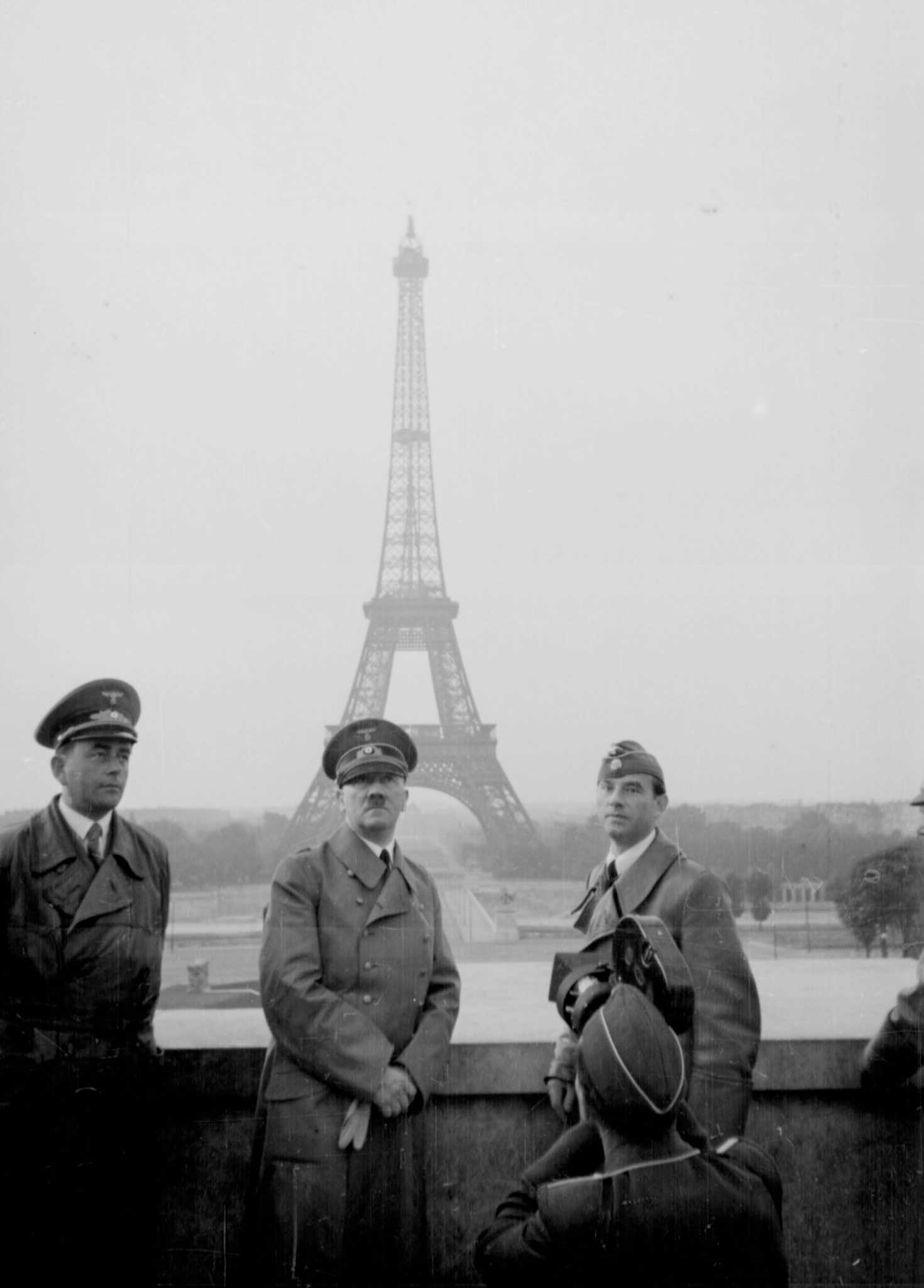Diary of the Dark Years, 1940-1944 Collaboration, Resistance and Daily Life in Occupied Paris By Jean Guéhenno, trans. David Ball, book review

Your support helps us to tell the story
From reproductive rights to climate change to Big Tech, The Independent is on the ground when the story is developing. Whether it's investigating the financials of Elon Musk's pro-Trump PAC or producing our latest documentary, 'The A Word', which shines a light on the American women fighting for reproductive rights, we know how important it is to parse out the facts from the messaging.
At such a critical moment in US history, we need reporters on the ground. Your donation allows us to keep sending journalists to speak to both sides of the story.
The Independent is trusted by Americans across the entire political spectrum. And unlike many other quality news outlets, we choose not to lock Americans out of our reporting and analysis with paywalls. We believe quality journalism should be available to everyone, paid for by those who can afford it.
Your support makes all the difference.Jean Guéhenno's diary, now published for the first time in English, helps explain why even the most principled Parisians were often completely passive in the face of evil.
A left-wing literary critic and schoolteacher, the enthusiasm that many of his neighbours and colleagues showed for collaboration appalled Guéhenno, but did not surprise him. The old right-wing bourgeoisie and the Church had always hated the Third Republic, he wrote, and looked to Germany to bury it.
Guéhenno loathed the Vichy regime, and he was not taken in by its phony talk of regenerating France through faith, family values and an alliance with Hitler. But he did not know what to do. The Free French, under Charles de Gaulle, were far away in England. There was no resistance at home to speak of, just bunches of kids distributing leaflets. "Mobilised", as he put it, but with no army to join, he turned inwards to a France that remained undefeated in his mind. He tuned in to the BBC. He listened to Churchill's speeches. He watched and waited. He never gave up hope.
Guéhenno's Mandarin literary style, replete with references to Cicero and Rousseau, sounds a little portentous today, but his description of the mood of the city on the eve of liberation is stirring.
"We can't sleep and everybody is staying up," he wrote. "Paris is waiting. Freedom is returning. We don't know where it is, but it is all around us in the night." The diary is worth reading just for that.
Marcus Tanner's latest book, 'Albania's Mountain Queen', is published by I.B.Tauris
Join our commenting forum
Join thought-provoking conversations, follow other Independent readers and see their replies
Comments